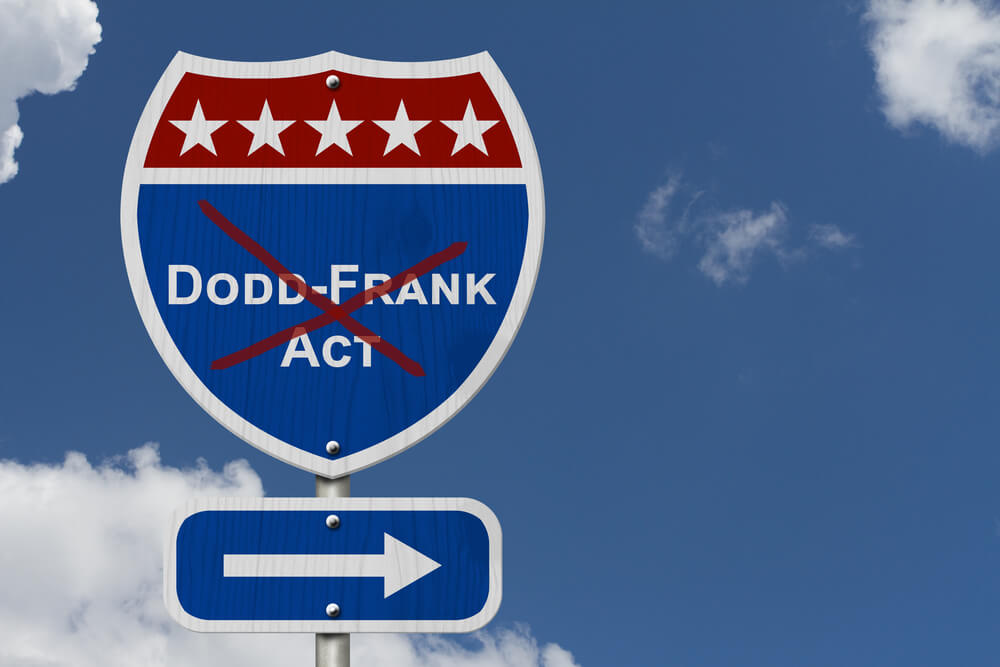The Federal Reserve is easing restrictions imposed on banks following the 2008 financial crisis, giving a victory to the banking industry and President Donald Trump.
The Fed on Thursday approved a set of rule changes that implement legislation passed by Congress last year to loosen restrictions, particularly for smaller community banks, imposed by the Dodd-Frank Act passed in 2010.
Trump has often criticized Dodd-Frank, which he says has hurt economic growth by making it harder for banks to lend.
The Fed’s changes will ease requirements on banks for holding capital and cash and also for the so-called living wills big banks must develop in case they fail.
The Fed approved the capital and liquidity changes and the modifications on living wills by 4-1 votes, with Fed board member Lael Brainard casting the lone no vote. She said she believes the changes will weaken critical safeguards governing the largest institutions.
The rules changes capped a multi-year effort by the banking industry to loosen restrictions imposed by the 2010 law. The law was backed by the Obama administration with the aim of preventing a replay of the 2008 financial crisis, the worst banking crisis since the Great Recession of the 1930s.
Gregg Gelzinis, a policy analyst with the Center for American Progress, said the rules changes are a mistake that puts the financial system at risk.
“Reducing the stringency of bank capital requirements, liquidity rules and stress testing makes large bank failures more likely, while watering down living wills requirements magnifies the economic devastation caused by such failures,” he said.
The living wills requirement was enacted by the 2010 law to make sure financial institutions have plans for winding down their operations in the event of a failure, so that taxpayers are not left liable as they were in the 2008 crisis.
The rules changes modify the frequency the living wills will have to be updated.
Rob Nichols, president of the American Bankers Association, praised the Fed for the changes, saying they would fulfill the 2018 law aimed at tailoring government regulations to better match each bank’s business model.
In addition to the Federal Reserve, parts of the regulations will also need approval from the Federal Deposit Insurance Corp. and the Office of the Comptroller. The rules will go into effect after publication in the Federal Register.
© The Associated Press. All rights reserved.
